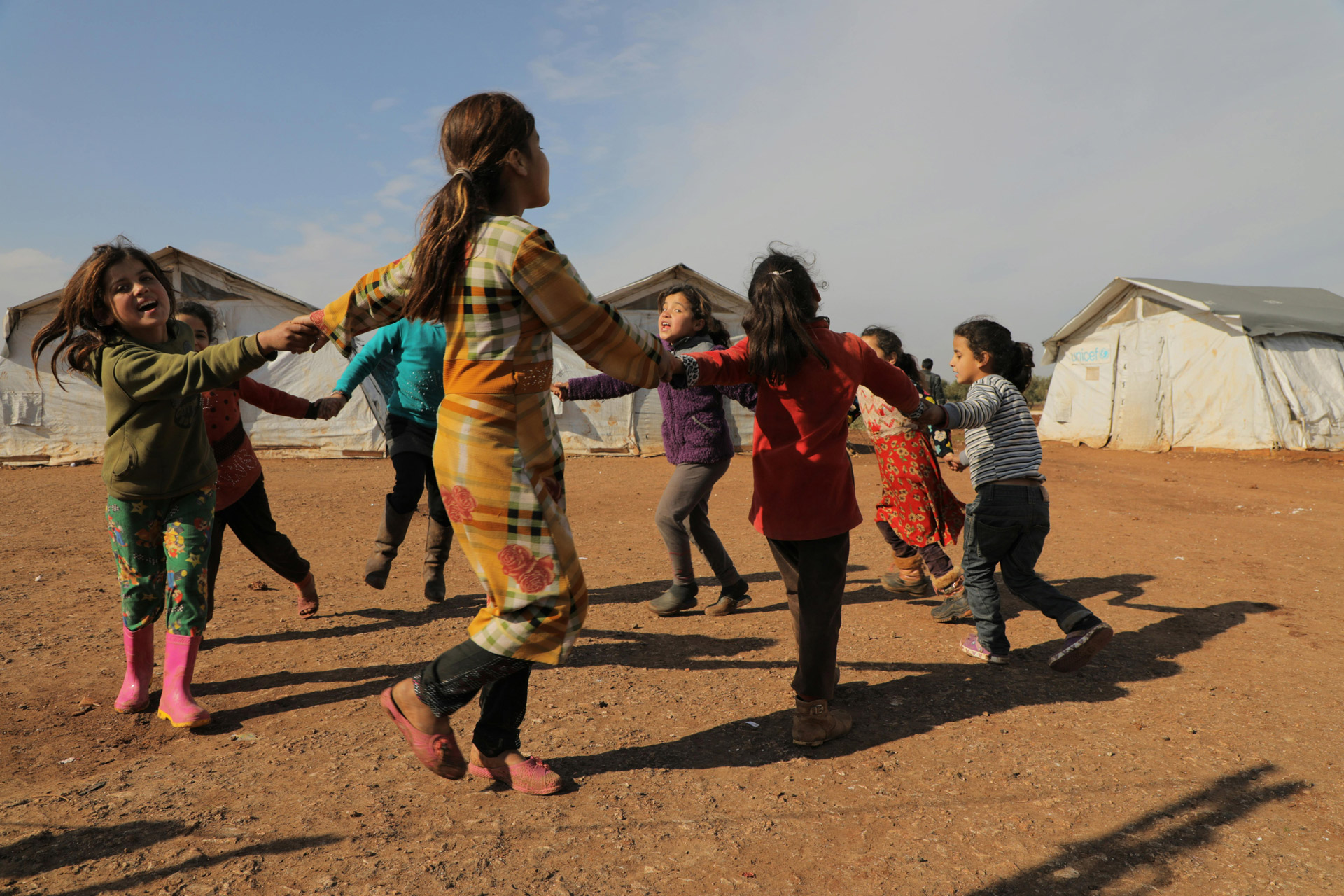CATEGORIES
This year, we are shining a spotlight on the most impactful projects and individuals leading the way in refugee integration through sport.
Category 1: IRTS & Community
This category celebrates initiatives that bring people together through sport and physical activity, strengthening bonds, creating a sense of belonging, and building inclusive spaces where everyone feels valued. Sport has the unique ability to unite people across different backgrounds, cultures, and experiences, providing opportunities to connect in ways that go beyond words. These initiatives help individuals develop trust, mutual respect, and friendships, often bridging gaps between communities that might not otherwise interact. By encouraging participation, teamwork, and shared experiences, these programmes contribute to more open, understanding, and cohesive societies. Whether through local sports clubs, community-driven activities, or nationwide programmes, these initiatives highlight the power of sport to shape more connected and engaged communities. At its core, it’s about community—collaboration, connection, and shared joy.


Category 2: IRTS & Mental Health
This category recognises programmes that use sport and physical activity to support mental health, build resilience, and empower participants to enhance their well-being. Sport is not just about physical fitness; it plays a crucial role in mental health by providing structure, routine, and a sense of achievement.
Many refugees face stress, trauma, and uncertainty, and these initiatives offer a space where individuals can regain confidence, manage emotions, and find moments of relief. By integrating movement with social interaction**, these programmes create supportive environments where participants can develop coping strategies, rebuild self-esteem, and experience personal growth.** The benefits extend beyond the playing field, helping individuals navigate daily challenges with a stronger mindset and a renewed sense of purpose. These initiatives highlight the vital role of movement in promoting balance and healthier lives.
Category 3: Refugee-led initiatives
This category celebrates the courage and creativity of refugees who lead initiatives to rebuild lives and promote inclusion through sport.
Refugees are not just participants in these programmes—they are leaders and changemakers who understand the challenges of displacement firsthand. Their initiatives offer others in similar situations opportunities to engage in sport, develop skills, and build new social networks. These individuals create pathways to personal and professional growth. Their efforts go beyond the immediate benefits of physical activity, contributing to long-term stability, independence, and stronger communities. Their work demonstrates resilience and the power to create new opportunities for themselves and their communities.


Category 4: Role models in IRTS (citizens' choice)
This category shines a spotlight on individuals whose leadership and dedication have driven meaningful change in inclusion through sport and recreation. These role models stand out for their passion, commitment, and ability to inspire others, using sport as a platform to create opportunities for those who need them most. They may be coaches, mentors, athletes, or community leaders who have dedicated their time and effort to ensuring refugees have access to sport and all the benefits it brings.
Their impact extends beyond the sports field, shaping lives, building confidence, and strengthening communities. By leading by example, they demonstrate the lasting influence one person can have in transforming lives. These role models prove that sport is a universal language—one that uplifts communities and creates lasting impact.
#MOVINGPEOPLE

"Funded by the European Union. Views and opinions expressed are however those of the author(s) only
and do not necessarily reflect those of the European Union or [name of granting authority]. Neither
the European Union not the granting authority can be held responsible for them"
